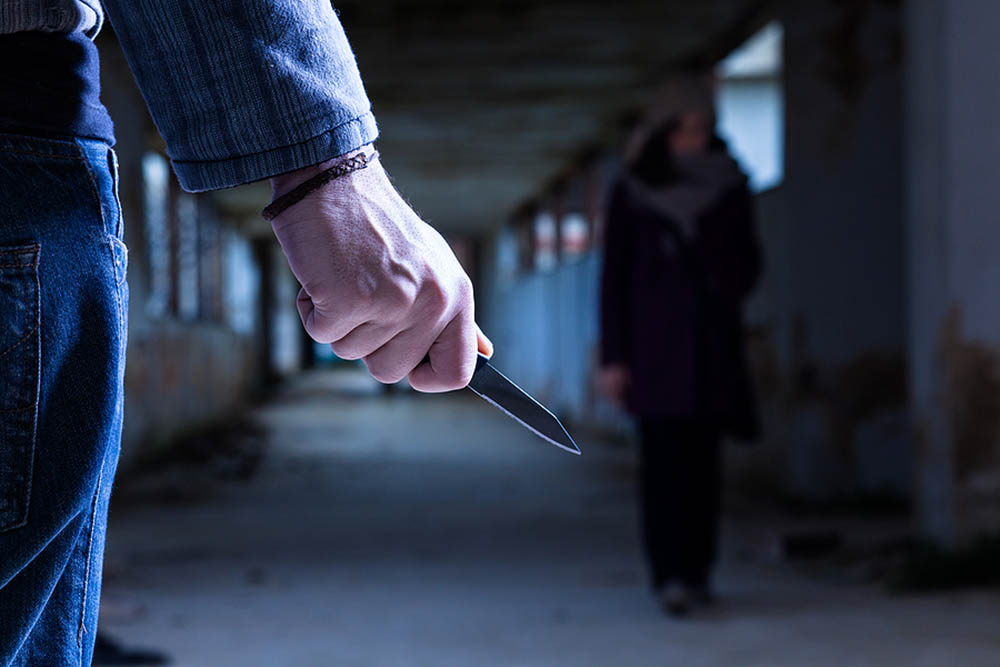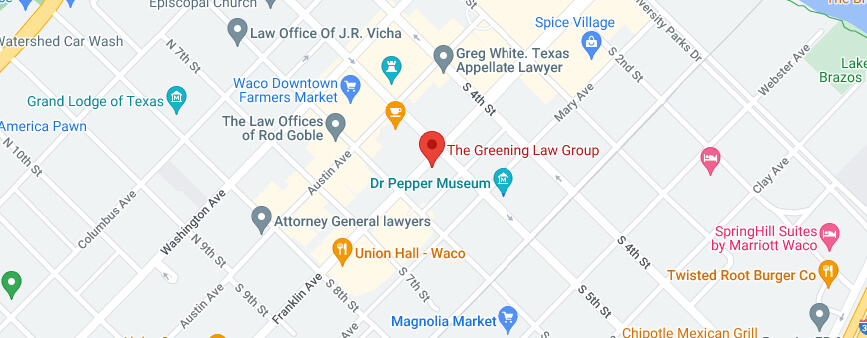As of 2023, several states have legalized some form of recreational marijuana or have taken significant steps toward decriminalizing its use.The question that has become frequently asked during this shift in legalization is, “is weed legal in Texas?” Texas is not one of these states, where marijuana laws have changed. Despite the efforts of some advocacy groups, the use and possession of marijuana are still illegal under state laws dating from 1931. Texas’ current cannabis laws have many nuances and complexities, and some details are still being decided in court.
This article provides more information about these laws and the penalties associated with violating them. However, if you are facing cannabis possession charges, it is in your best interests to promptly contact a knowledgeable criminal defense lawyer who can provide guidance for your unique case.
Are Hemp and Cannabis Treated Differently Under Texas Law?
Hemp and cannabis are considered a separate controlled substance and are regulated differently in Texas. Federal law defines hemp as cannabis containing less than a 0.3% concentration of the psychoactive compound Delta-9 tetrahydrocannabinol (THC).
In 2019, Texas statutes were updated to allow the purchase, sale, and possession of hemp and CBD products that meet the same standard of less than 0.3% THC. These products are now considered foods and not controlled substances. One important exception to this rule is smokable hemp: it is currently illegal to produce or manufacture smokable hemp products in Texas.
Does Texas Allow Medical Cannabis Use?
Cannabis can be used to treat several medical maladies, including epilepsy, cancer, and post-traumatic stress disorder (PTSD). While medical cannabis is available, it is heavily regulated and must be used under the supervision of a doctor registered with the Texas Department of Public Safety. Under the Texas Compassionate Use Program, approved patients can access certified physicians who can prescribe medical marijuana and dispense low-THC cannabis oil for medical purposes.
Is CBD Legal in Texas?
Cannabidiol, usually referred to as CBD, is a compound made from hemp. Proponents claim it can help with several everyday conditions, including headaches, joint pain, and anxiety. It is legal for businesses to sell CBD in Texas, and individuals may possess and use it as long as the THC level is below the 0.3% threshold.
Are Delta-8 Products Legal in Texas?
Delta-8 is a cannabis derivative that is similar to Delta-9 THC found in marijuana. Some individuals refer to it as “weed light” because it has shown some similar psychoactive effects. It is generally produced from CBD from low-THC hemp, which is legal in Texas. However, there is an ongoing court battle in the state as of January 2023 over the legal status of Delta-8 products.
Texas passed a House Bill naming Delta-8 a Schedule I controlled substance, but an injunction has temporarily reversed this while the courts decide the matter. If you are facing prosecution for selling or possessing Delta-8 products, contact a knowledgeable criminal defense attorney immediately to learn more about the current status of this case and your legal rights.
What Penalties Could You Face for Cannabis Possession in Texas?
While CBD and hemp products are legal in Texas, marijuana possession is still a crime that can result in significant penalties. The penalties are generally based on the amount of marijuana in your possession and are as follows:
- Up to two ounces: Class B misdemeanor, which can result in a $2,000 fine and up to 180 days in jail.
- Two to four ounces: Class A misdemeanor, punishable by a maximum $4,000 fine and up to a year in jail.
- Over four ounces: Felony, with mandatory minimum sentencing based on the amount possessed, with fines up to $50,000 and the potential for lengthy prison sentences.
- Possession of only drug paraphernalia, including bongs and pipes: Class C misdemeanor, punishable by up to a $500 fine, but no jail time.
Are There Local Jurisdictions That Have Decriminalized Minor Cannabis Offenses?
While cannabis possession and use is still illegal under state law, some Texas cities and municipalities have passed resolutions or laws to partially decriminalize marijuana use within their jurisdictions. Some of these areas include:
- Austin
- Bexar County
- Cedar Park
- Dallas
- Denton
- Elgin
- El Paso
- Harris County
- Hays County
- Killeen
- Nueces County
- Plano County
- San Marcos
- Travis County
- Williamson County
The specifics of these laws vary from place to place, but most cover cases where less than two to four ounces of marijuana are involved. If you’ve been charged with a cannabis crime in Texas, you need an experienced drug possession lawyer on your side who understands the intricacies of federal, state, and local law.
THC Concentrates Vs Marijuana and How These Differences Can Affect You?
According to the U.S. Drug Enforcement Administration (DEA), “marijuana concentrates contain extraordinarily high THC levels ranging from 40 to 80 percent THC amounts. This form of marijuana can be up to four times stronger in THC content than high grade or top shelf marijuana, which normally measures around 20 percent THC levels.”1 Many people are under the impression that smoking a “dab pen” and smoking a “joint” are relatively the same thing. I mean, they are both just weed right? Wrong. In the State of Texas, THC concentrates are not considered marijuana, but instead are categorized as a “controlled substance”. THC concentrates are classified as Penalty Group 2 Drugs, which is always charged as a felony offense, no matter the amount in possession. Punishment for being in possession of a Penalty Group 2 drug can range from two years in jail with a $10,000 fine all the way up to life in prison with a $50,000 fine.
When caught with plant marijuana, the difference between a misdemeanor and a felony will depend on the amount you have. In Texas, possession of marijuana weighing over 5 pounds is a felony charge. On the other hand, when it comes to THC concentrates, it does not matter how much one possesses, it is automatically considered a felony offense. In fact, if you are caught with an edible, such as a gummy or brownie, you will be charged for the weight of the entire edible, not just for the amount of THC actually in it.
Usage of THC products has become an escalating problem among today’s youth, especially because they are not aware of how serious it can really be to be caught with a “dab pen.” Just being in possession of one can result in you being charged with a serious criminal offense that changes your life forever. A conviction on a drug-related criminal charge can affect a multitude of life aspirations, such as pursuing higher education, landing a job, being accepted into housing, maintaining a stable financial situation, and so much more. Before deciding to own your own dab pen or vaporizer, consider the consequences, and ask yourself, “is it worth the risk?”
Why is the Right Legal Representation So Important in Cannabis Offense Cases?
While both political parties have discussed the potential for legalizing recreational marijuana in Texas in the future, for now, it remains illegal. A marijuana conviction can leave a mark on your record, result in jail time, and cost you thousands in fines and a possible driver’s license suspension. Having a criminal record can make it challenging to find employment and get housing, and it can impact your right to vote or own a firearm.
With so much on the line, not hiring a skilled legal defense attorney is one of the biggest mistakes you can make. A marijuana charge should not be taken lightly. The marijuana laws in Texas can be complex and challenging for individuals to navigate on their own, leaving them open to life-changing legal consequences. A qualified, aggressive criminal defense attorney can help you mount the strongest possible case to defend your rights and freedom.













